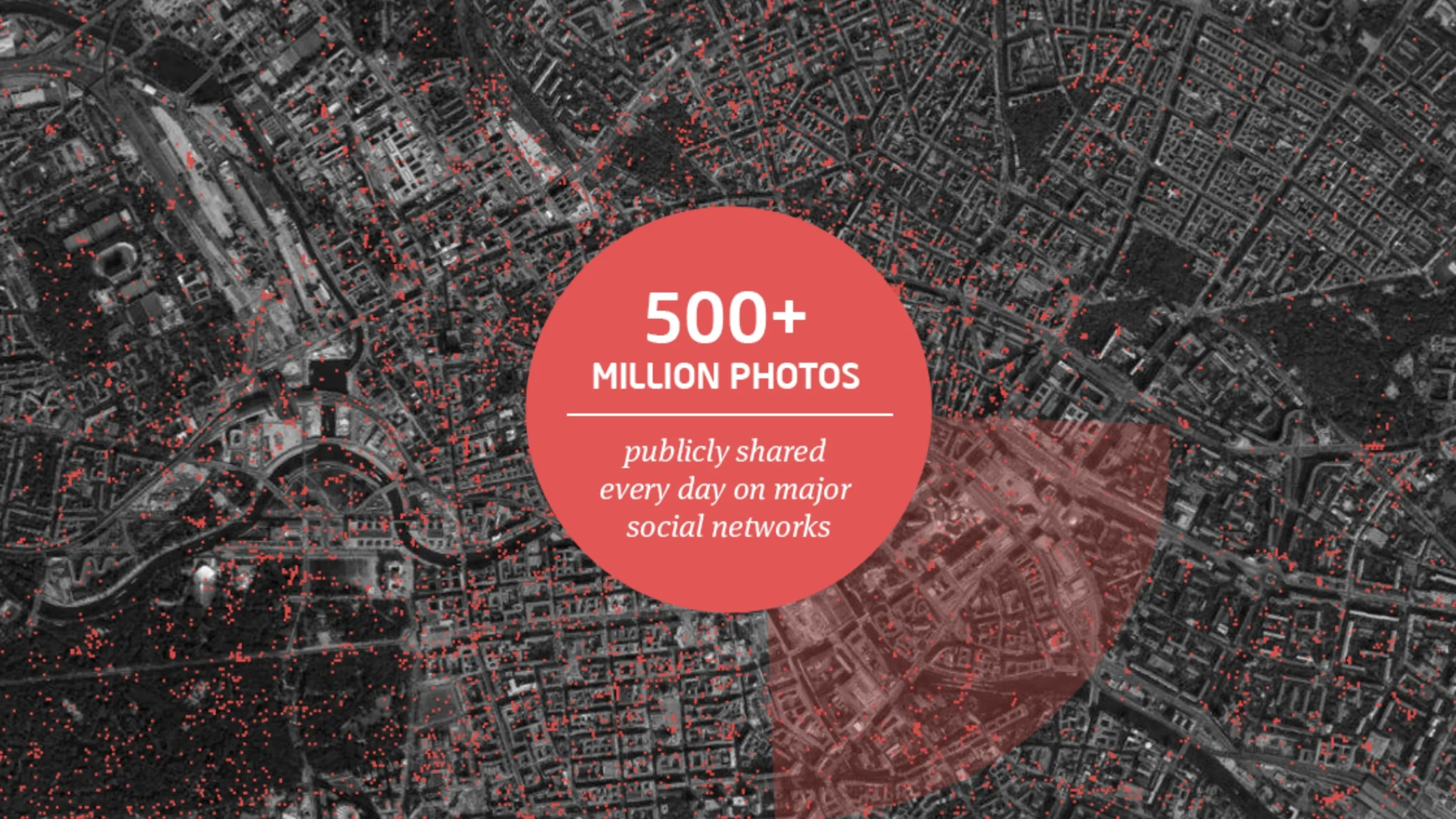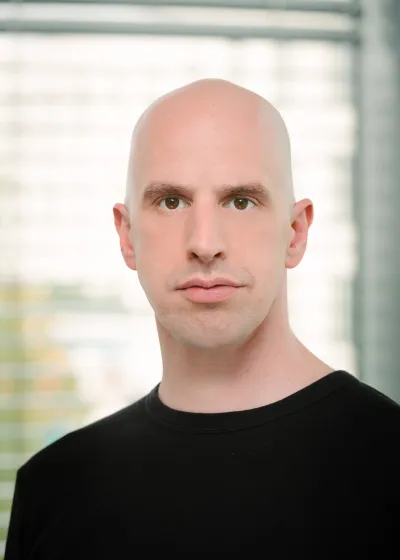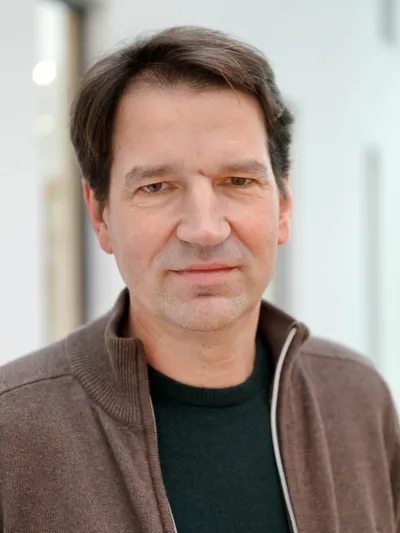Sousveillance
Bachelor thesis by Florian Schulz

In the meantime, cameras have become so small and affordable that many people carry camera-equipped smartphones in their pockets every day and use them to take pictures as proof of our existence. The rule is: every picture not taken is lost forever. By locating the data, together we create a high-resolution image of a time in which everyone is a data collector and documenter.
At the same time, technological developments from the field of wearable computing are changing our perception of cameras, which are now even closer to the wearer's skin, turning any moment – without an explicit gesture of pulling and releasing – into memories. It's no longer just state-installed surveillance cameras that capture what's happening on the street; it's the citizens themselves who are watching and storing information en masse.
But what happens to the almost unmanageable amount of photos and videos that stream onto our hard drives and onto the world's servers? How does meta-data help to indexically reference photos with reality and to reconstruct and prove events? What are the aesthetic qualities of images we make unconsciously? How do people behave when they know their actions are being recorded? What does a generated visual diary look like? When do we have to stop trying to record everything and learn to forget again?
Project participants
Project management
Project management
Graduate
Florian Schulz

